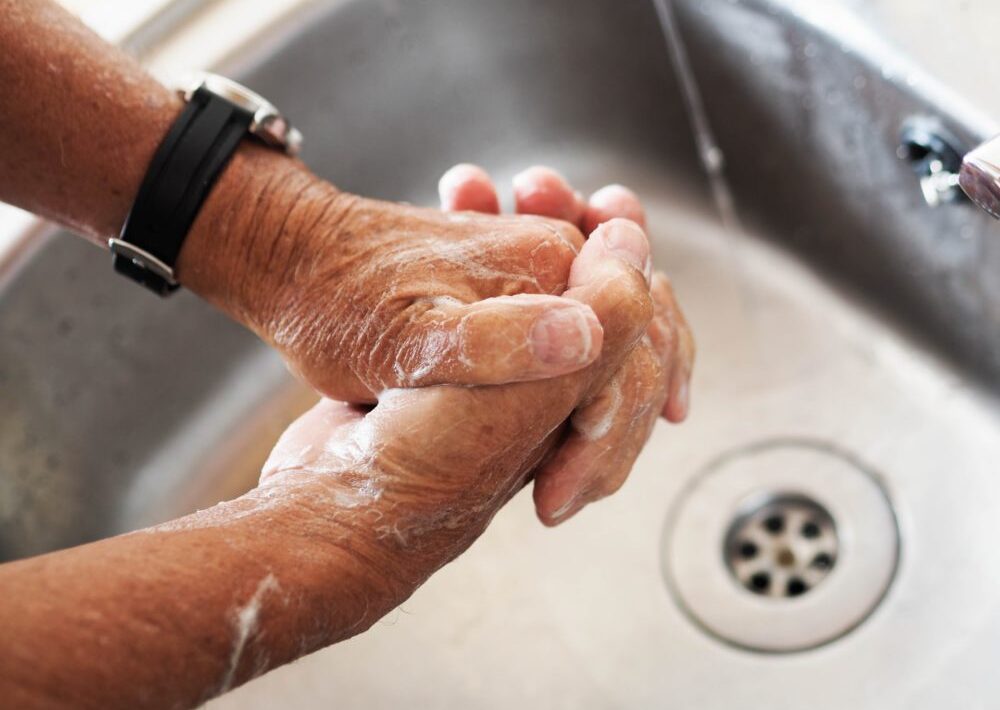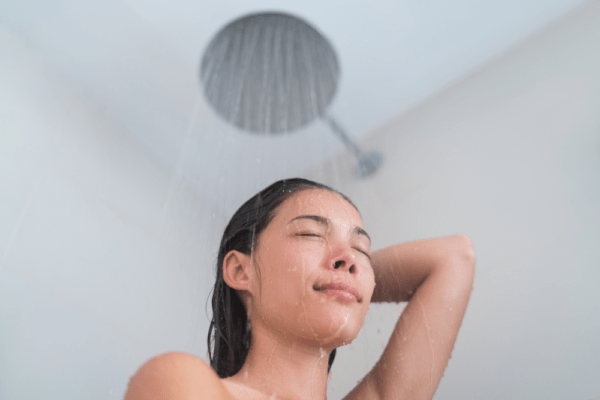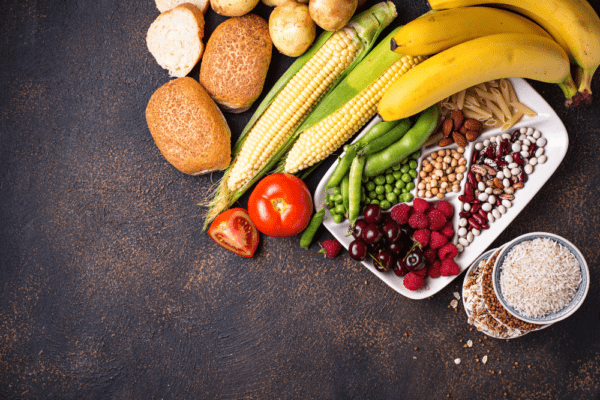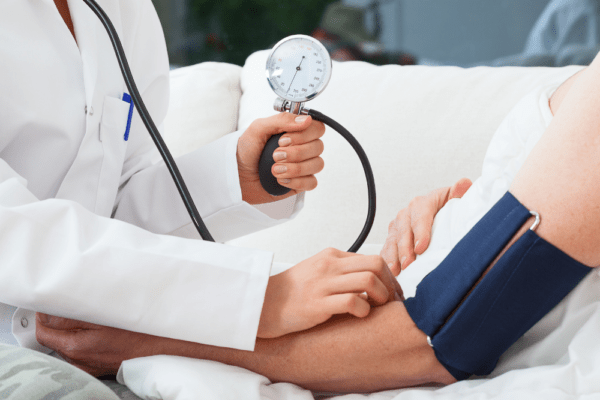In response to the coronavirus outbreak, major health bodies like the World Health Organization (WHO) and the Centre for Disease Control (CDC) have stated regularly washing hands with soap and water is the best way to prevent further spread of the COVID-19. However, for individuals with skin conditions like eczema or psoriasis excessive hand washing can trigger skin damage, exacerbate symptoms and result in dry and cracked skin, itchiness, pain and possibly infection.
Although it is particularly important for people with eczema to take care of their skin to avoid factors that may aggravate their condition, repeated use of water and soap and alcohol-based hand sanitizers can cause what is known as irritant contact dermatitis – a form of eczema. Irritant contact dermatitis can cause the skin to itch, become sore and red, and develop small blisters or painful cracks. Continual handwashing strips the proteins in the epidermis (top skin layer), leading to a compromise of the skin barrier and, therefore, the risk of infection.
Here are a few tips and advices for people with underlying skin conditions on how they can take care of their skin and protect themselves from the coronavirus at the same time.
Always Moisturize
For people with skin conditions like eczema, moisturizing their skin is crucial to prevent the skin from drying out and causing irritation. After washing your hands, immediately apply a moisturizer. Apply a generous amount of moisturizer to coat the entire surface of your hands and fingers. Applying moisturizer after each hand washing can offset much of the drying effects of it.
Use a hand cream or moisturizer that is thicker, than a typical lotion, and have better moisturizing properties. Also, when choosing a moisturizer try to avoid one with perfume as the added scent can cause irritation. Pick something hypoallergenic that is highly moisturizing. Since people with skin conditions are more prone to skin damage, they may benefit from an emulsifying ointment or a moisturizer that contains an antibacterial ingredient, for example, chlorhexidine or benzalkonium chloride.
Choose the right kind of cleanser
Many of the soaps, antiseptic washes and antibacterial washes are quite harsh on the skin. People with eczema or other skin conditions should consider the use of a gentle cleanser, which comes in bar and liquid form. You can also wash your hands with lukewarm water, rather than hot or cold, to avoid further irritation.
Dry your hands with care
After washing your hand, pat them dry but avoid rubbing or tugging at your skin. Drying after every handwashing is important because germs can transfer more easily between wet hands and moisture left between fingers can cause soreness and chapping.
Carry your products with you
Whenever you are on the go, it can be useful for you to carry your cleanser and moisturizer in a travel size. However, if that is not an option for you, and you face a situation where you need to wash your hands, it’s okay to use products that are generally available at the time. Especially, during the current scenario, the best thing would be to follow the protocol and do what’s best for yourself and for public health.
Right now, as people try and stop the spread of COVID-19 keeping your hands healthy is critical for overall health. The British Association of Dermatologists updated their guidance on using soap substitutes for handwashing during the coronavirus pandemic. They recommend that even if you have eczema or dry skin, you should ‘Wash hands in line with government guidance, using soap and water. This can be difficult for people with dry and cracked skin, but it is still recommended that you follow government guidance as much as is practical.
This makes it even more important to follow other steps such as drying your hands properly and using a good moisturizer regularly.




